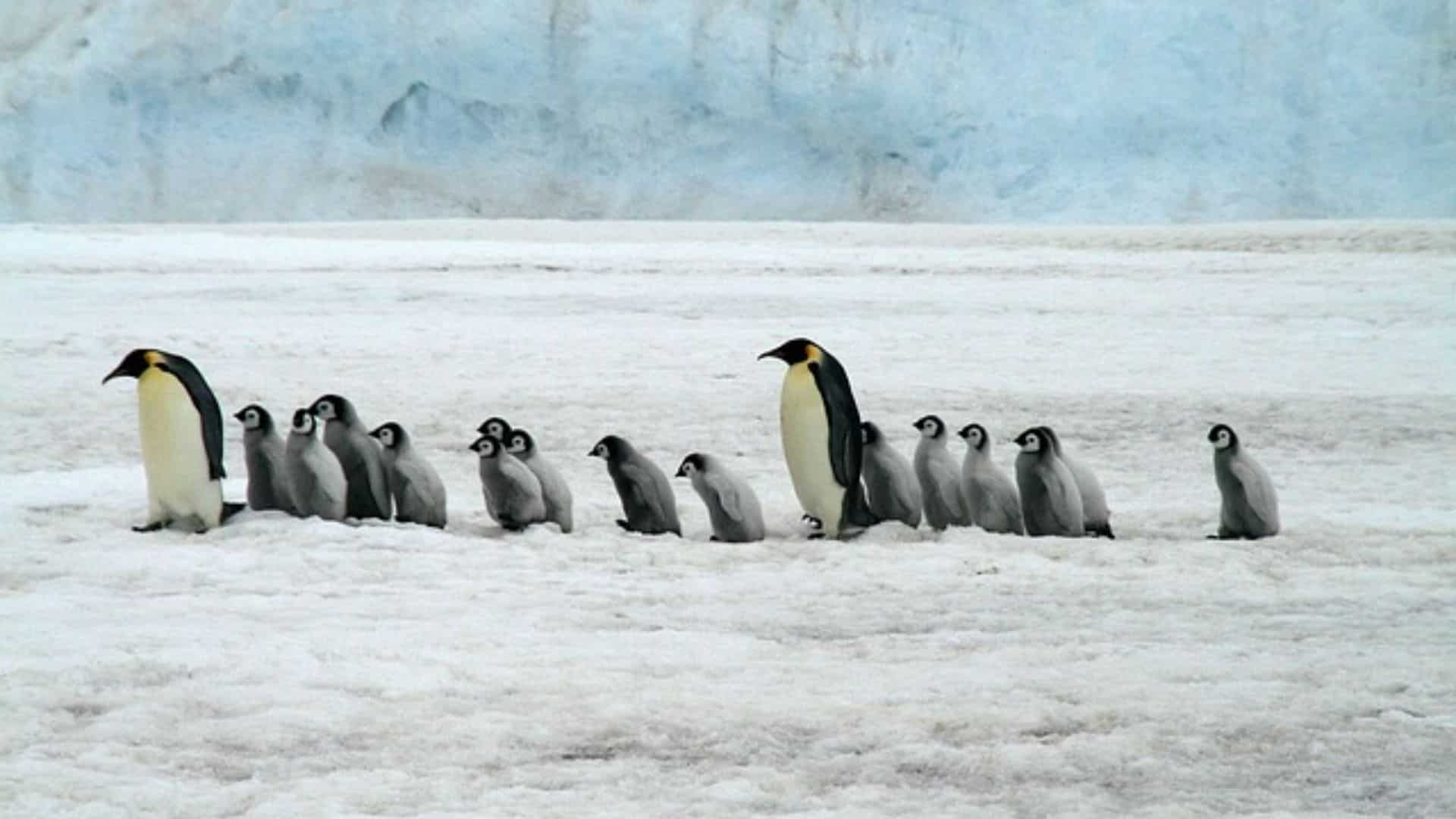
Alleging the failure to implement “biologically meaningful closures” to fishing around six penguin colonies in South Africa, NGOs in the likes of BirdLife South Africa and Southern African Foundation have now dragged South Africa’s minister of forestry, fisheries and the environment, Barbara Creecy, to court.
It is vital to note that these six penguin colonies account for 76% of the global African penguin population. Last year in July the international review panel appointed by the minister conveyed in their report that targeted fishing closures around penguin colonies “would be likely to benefit penguin conservation”.
Reportedly, the minister evaded some of the key recommendations made by her own appointed panel. Besides penguins, another endangered bird species Cape Cormorant also stands to benefit from this ban as it also feeds predominantly on small pelagic fish.
Additionally, small-scale handline fishers have welcomed the proposals, as many of the species they target feed on sardines and anchovies. Over the period of 120 years, African penguins have undergone a significant decline of over 99%. If the same rate of decline is further continued, these Penguins will be extinct by 2035.
Keeping aside the problem of penguin extinction, this decline is also bound to dent the South African tourism industry. Notably, it contributes 311m rand (£13m) a year to the local economy, as per a 2018 study on the colony at Boulders Beach in Cape Town.
However, the fisher union has opined against the court’s verdict. Citing the South African pelagic fishing industry, the Guardian reported, ” “Contrary to environmental NGOs’ statements in the media that the main driver is the purse-seine fishing industry, the impact of fishing [on penguin numbers] is small. The “environmental NGOs” had delayed a “process that is tasked with establishing what are the main drivers causing the decline in penguin numbers”.
(With inputs from agencies)
